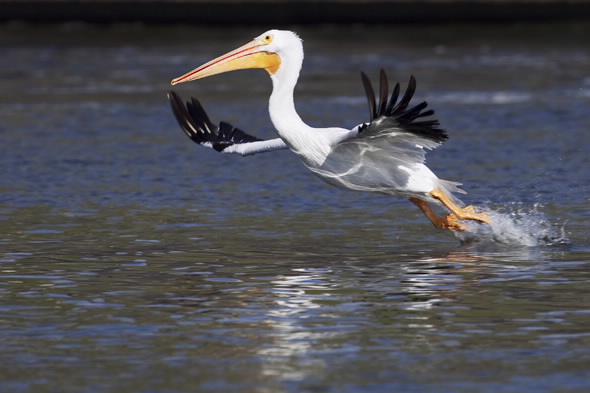In a study just published in the Proceedings of the National Academy of Sciences, researchers from CSIRO and the Imperial College London predict that plastic will be present in 99 per cent of seabirds by 2050.

“Although it doesn’t come as a surprise, the important finding that today already 60 per cent of all sea bird species have plastic in their gut highlights a waste management issue that has to be addressed with urgency. Notably, we need to understanding of the lifecyle of plastics more comprehensively, ” said ANSTO biomedical scientist Prof Richard Banati.
“The CSIRO and the Imperial College London have looked into the presence of plastics at the level of visible plastic particles, while in our research we are trying to trace the route of degrading plastics into the tissue of birds at the level of atomic elements, said Banati. “With both perspectives we can hope gain an insight into the ubiquitousness and pervasiveness of plastic litter. It is crucial to understand that the visible plastic is likely to be only the tip of the waste-berg. What has happens to the plastic that we see no longer? Where in the food-web will it have impact? What types of degradation pathways are sustainable?”
The authors noted that plastic pollution in the ocean is a rapidly emerging global environmental concern, with high concentrations (up to 580,000 pieces per km2) and a global distribution, driven by exponentially increasing production. Seabirds are particularly vulnerable to this type of pollution and are widely observed to ingest floating plastic.
CSIRO’s Dr Chris Wilcox and co-authors used a mixture of literature surveys, oceanographic modelling, and ecological models to predict the risk of plastic ingestion to 186 seabird species globally. They found impacts to be greatest at the southern boundary of the Indian, Pacific, and Atlantic Oceans, a region thought to be relatively pristine. Although evidence of population level impacts from plastic pollution is still emerging, their results suggest that this threat is geographically widespread, pervasive, and rapidly increasing.
Published: 03/09/2015


